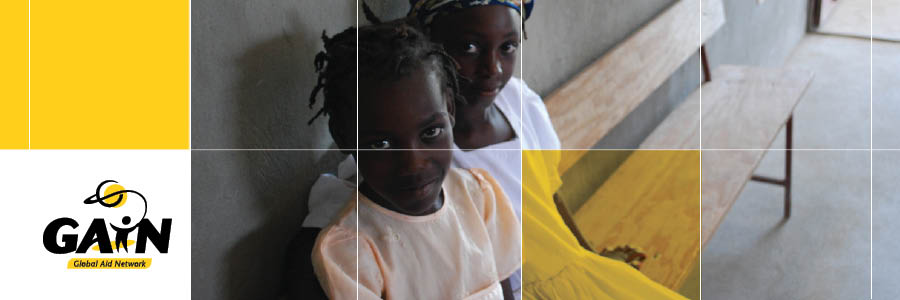Borana woman carries burden no one should have to
“Most of my life
we’ve had plenty of food and everything we needed...,” shares Adi Boro, “...but
lately we have had nothing.”
At the age of 55, Adi struggles to make ends meet.
All of her animals have died and there is no food for her
eight children.
Regarded as the worst drought in the last 60 years
throughout the Horn of Africa, the lives of Adi and the other 2,500 Borana
people in her village have been deeply affected.
With no cattle to herd, 12 clans decided to settle together
in the southern Ethiopian village called Gadhamoji; many experiencing shame and
a profound loss of their identity.
Categorized as a “highly affected area” by the government,
the majority of this group resolved themselves to dying in this one spot.
“Humans beings have been trying to pull the plough like
oxen...and even with the little we planted in this area in the short rainy season, we don’t even know if the land will give us
food,” shares Adi.
Bearing this heavy burden, Adi decided to try and sell
bundles of firewood; a job which most men in her village wouldn’t even consider
doing.
Finding and chopping wood as well as carrying the bundle for
ten kilometers or more took up several hours of her day. Not to mention, Adi
only made approximately $1.00 US per bundle.
Combined with a 60% rise in inflation throughout the
country, it was next to impossible for Adi to purchase enough food for her
family of ten.
But, this is where Adi’s story changes.
In search of helping those that were struggling with the
drought in Ethiopia, Global Aid Network (GAiN) and their local partners came
across the Gadhamoji village.
After seeing the need, talking with the various clan leaders
and witnessing the nutritionist’s results, it was apparent that GAiN could come
alongisde this group of Borana people in a significant way.
As a result, since the beginning of September 2011, GAiN and
their local partners conducted three separate food distributions for the 2,500
people. Maize, beans, sugar, cooking oil as well as Fafa and powdered milk for
the malnourished children and elderly individuals were all items included in
the distributions.
“Since the time you gave assistance to us...it has been
very good,” Adi shares. “When you came for the first time, we were in a
very bad state. Many people were about ready to die.”
GAiN shared their desire to provide the nourishing food she
and the others needed for the next six months so that no one would die from
starvation.
“We are thankful for the help,” expresses Adi. “My
only hope is that God can bring more hope to us through you.”









